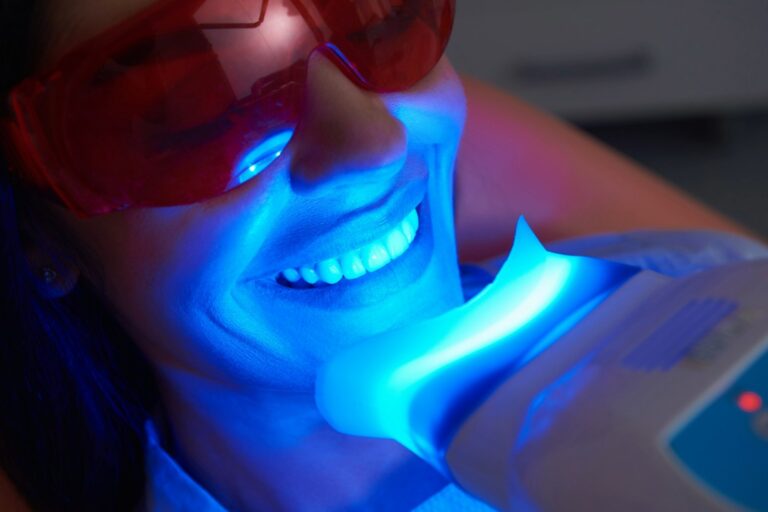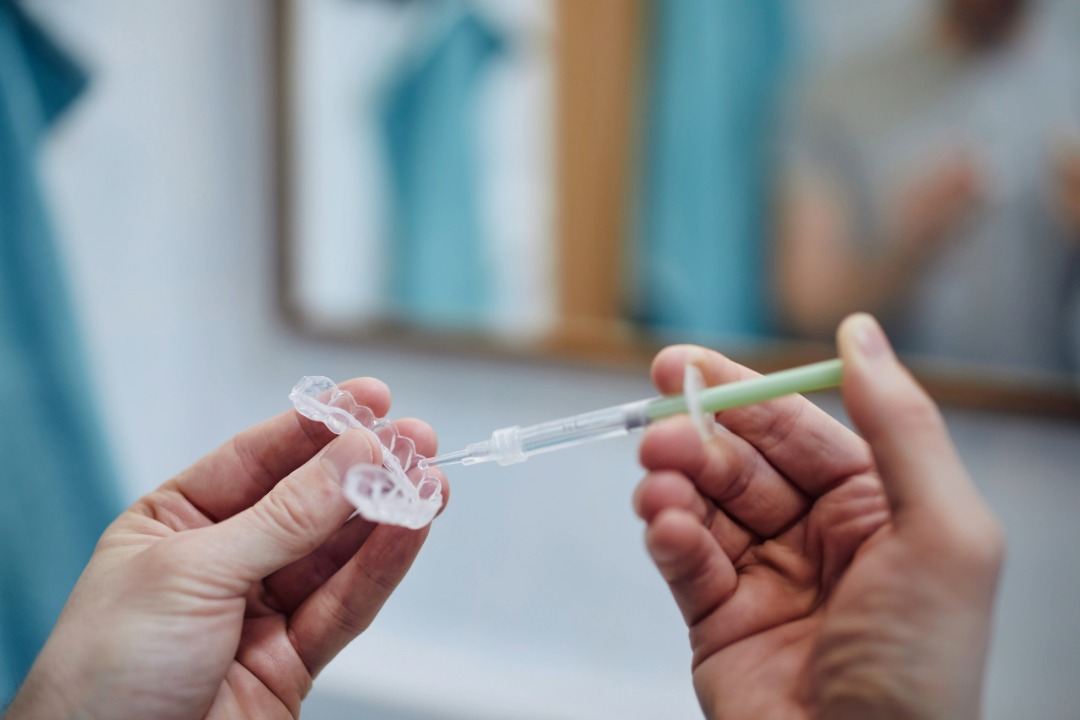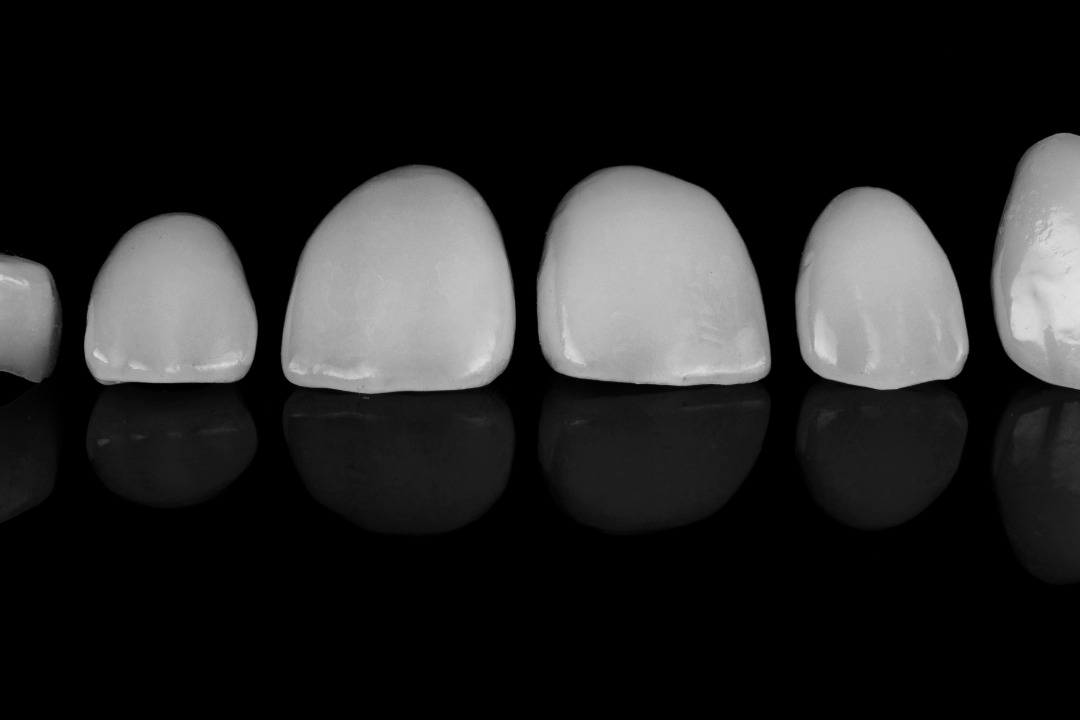When it comes to dental health and aesthetics, having a bright and radiant smile is often at the top of many people’s wish lists. Yet, achieving this can sometimes feel like a distant dream, especially for those battling with yellow teeth despite adhering to a strict dental hygiene routine. This common issue can be a significant source of frustration and can deeply impact an individual’s self-esteem and social interactions. Often, people with yellow teeth might feel self-conscious when laughing, speaking, or posing for photographs, leading to a noticeable drop in confidence.
In this blog, we aim to analyse the various factors that contribute to this condition. Our goal is not only to identify the root causes but also to debunk widespread myths surrounding oral health, particularly the misconception that yellow teeth always indicate poor dental hygiene. We will explore both intrinsic and extrinsic factors that can lead to discolouration, providing a holistic understanding of the problem.
Moreover, we understand the importance of practical solutions in restoring the natural whiteness of your teeth. Therefore, this guide will go beyond just theoretical knowledge and offer actionable strategies that you can implement. These will include both at-home remedies and professional treatments, ensuring that you have a variety of options to consider based on your specific needs and circumstances.

What are yellow teeth?
Yellow teeth refer to a common dental condition where the teeth exhibit a yellowish tint, differing significantly from the natural, whiter shade many people desire. This discolouration can vary in intensity, from mild yellow shades to deeper, more persistent stains that may resist regular cleaning efforts. Understanding the nature of yellow teeth involves examining the structure of our teeth and the factors that affect their colour.
The anatomy of a tooth
To understand why teeth may appear yellow, it’s essential to know the basic anatomy of a tooth. Each tooth consists of several layers:
Enamel: This is the outermost, hard protective layer of the tooth, which is naturally white but translucent. The visibility of the enamel impacts how bright our teeth appear.
Dentin: Beneath the enamel lies the dentin, a less dense, porous substance that naturally has a yellow to light brown colour. The thickness and colour of dentin significantly influence the overall colour of your teeth.
Pulp: Inside the dentin is the pulp, which contains nerves and blood vessels, contributing less directly to tooth colour but vital for tooth health.
Why are my teeth yellow even when I brush them everyday? Factors contributing to yellow teeth
Contrary to popular belief, daily brushing alone may not be enough to prevent yellow teeth. The discoloration to a yellow tint can result from various factors that either affect the enamel directly or make the yellow dentin more visible:
Enamel thinning
Over time or due to specific habits (such as excessive brushing or consuming acidic foods and beverages), the enamel can wear down or become eroded, reducing its effectiveness in shielding the yellow dentin.
Stains on enamel
Extrinsic factors such as dietary choices (coffee, tea, and spices), smoking, and poor oral hygiene can lead to external stains that cling to the enamel, giving teeth a yellow appearance.
Genetic factors
The natural thickness and strength of enamel and the colour of dentin can vary between individuals, making some people more prone to having yellow teeth due to genetic predispositions.
In essence, yellow teeth can stem from both natural physiological processes and external environmental influences. By identifying the specific causes in each case, you can better select the appropriate treatments and preventive measures to combat this common aesthetic concern.
How to get rid of yellow teeth: effective remedies
Achieving a whiter smile can significantly boost your confidence and improve your overall oral health. If you are concerned about yellow teeth, there are several effective treatments and remedies to consider. Here is a closer look at some dentist-approved methods that can help you achieve the bright smile you desire:

Professional teeth whitening is widely regarded as one of the most effective solutions for combating yellow teeth. This treatment is conducted in a dental office where dentists apply a high-concentration bleaching agent that is much stronger than anything available over-the-counter. The process typically involves several steps:
Protection of gums: Your dentist will first protect your gums with a rubber shield or a gel to ensure that the high-strength bleach does not irritate them.
Application of bleach: The bleach is then carefully applied to the teeth.
Activation of bleach: Some treatments involve a special light or laser to activate the bleaching agent, enhancing its effectiveness.
The result is significantly whiter teeth in just one or two visits, making it a preferred choice for those seeking immediate results.

At-home whitening kits are a convenient alternative for those who prefer a more gradual approach or wish to maintain their whitening results. These kits usually contain a lower concentration of bleach than professional treatments and include items such as:
Whitening strips – Thin, flexible plastic strips coated with a whitening gel.
Whitening gels and trays – Gels applied to custom-fitted or standard trays that fit over your teeth.
While these kits are less potent than professional treatments, they are effective for mild to moderate discolouration and can be used safely at home over a period of a few weeks.

Regular visits to the dentist for professional cleanings are essential not only for maintaining oral health but also for keeping your teeth free from external stains. Dental hygienists use specialised tools to remove plaque and tartar that brushing alone cannot clean. These cleanings help prevent the buildup of substances that contribute to yellowing and are an excellent preventative measure in any oral care regimen.
Conclusion
In conclusion, yellow teeth can be a source of discomfort and self-consciousness, but fortunately, they are also a treatable condition. Understanding the causes of yellow teeth—from dietary influences to genetic factors—can help you make informed decisions about the best treatment options for you. Whether you choose professional whitening services, at-home treatments, or preventative measures like regular dental cleanings, there are multiple ways to achieve a brighter smile.
Remember, the key to a successful outcome lies in combining effective treatments with ongoing oral hygiene practices! Regular visits to your dentist and a consistent daily routine are essential in maintaining dental health and keeping your smile radiant. With the right approach, you can not only enhance the aesthetics of your teeth but also boost your overall oral health.
By addressing your concerns about yellow teeth today, you can take a significant step toward a healthier, more vibrant smile that lasts a lifetime. Don’t hesitate to consult with us to tailor a plan that suits your needs and ensures the best possible results for your smile!
Contact us today!
FAQs
Yes, yellow teeth can often become white again depending on the cause of the yellowing. Treatments vary from professional dental procedures like bleaching to at-home whitening kits or lifestyle changes such as improving dietary habits and oral hygiene.
Teeth can turn yellow due to a variety of reasons including diet (foods and drinks like coffee, tea, and wine), smoking, ageing (which naturally thins the enamel and reveals the yellowish dentin underneath), poor oral hygiene, and certain medications.
While vitamin deficiencies themselves don’t directly cause teeth to turn yellow, deficiencies in vitamins like Vitamin D, calcium, and Vitamin C can affect oral health and, consequently, the appearance of teeth. These deficiencies can lead to enamel erosion and gum disease, potentially leading to discoloration.
It is never too late to try and improve the whiteness of your teeth. Consulting with a dentist can provide options that may include professional whitening or veneers if the staining is too deep to be corrected with whitening alone.
Yes, dentists can whiten teeth in just one day using in-office laser whitening or high-concentration bleaching gels that offer immediate results.
